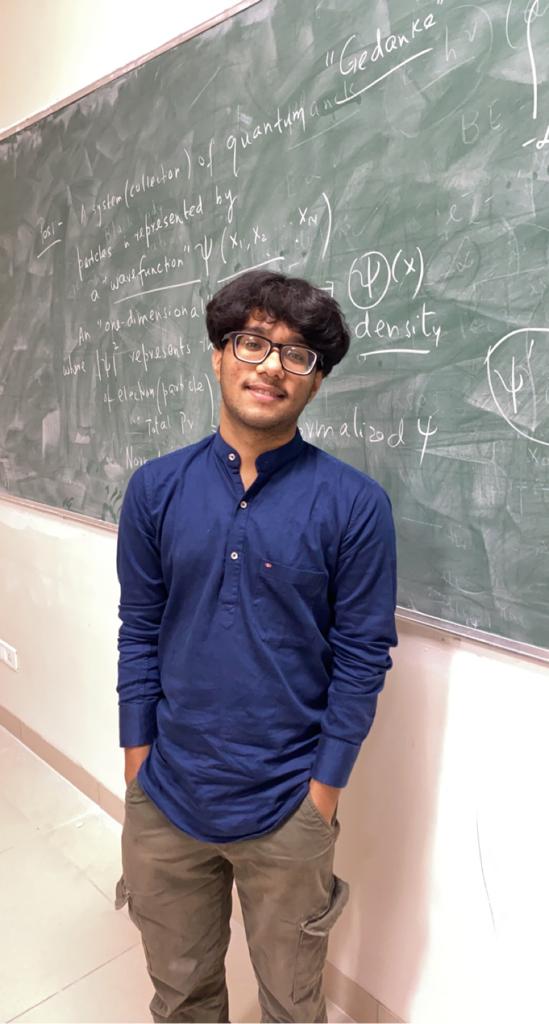Books
Academia, reading and beyond
Journalist and researcher Abha Lal talks about her reading journey, experience in academic reading and how to read for writing purposes.
Kshitiz Pratap Shah
Abha Lal is known for her extensive work as a journalist, editor and researcher. Currently a third-year PhD student of Cultural Anthropology at Rice University, Texas, US, she is an enthusiastic reader and avid researcher. Lal says reading a wide variety of books has helped in her academic life and even on a personal level.
In an interview with the Post’s Kshitiz Pratap Shah, Lal talks about her reading journey, experience in academic reading and how to read for writing purposes.
When did you start reading? Tell us about your earliest reads.
I started reading pretty early when I was a child. One of my first memories is that there used to be a lot of load shedding back then, so I couldn’t watch the TV. I would then turn to reading in the candlelight or using a flashlight.
One of the books I remember reading was ‘Enchanted Tales’, a collection of these really wacky fairy tales I found fun. There was also this Nepali book series about a tooth that gave you moral lessons. I read a lot of similar stuff as a child: fiction and fantasy.
What kind of books do you like reading, both personally and for academic purposes?
I mostly read ethnographies that explore a particular place or historical period for academic purposes. I’m particularly focused on science and technology studies these days, so I read extensively about science from a sociological perspective.
When I’m free, I like reading novels. However, because of my degree, I have very little time to read nowadays, so I read fewer novels. I really enjoy reading realist fiction whenever I’m free. Some of my favourite books are by George Eliott and Emile Zola. I like some contemporary fiction as well.
Tell us something about a book you are reading currently.
I am reading Lucy Ives’ book ‘Life is Everywhere: A Novel’ which talks about academia. (laughs) It is a fictional account of the psychological reasons why people pursue academia and the process of knowledge production. The book details how all the dimensions of academic living cover things that are outside the realm of just academia. I find it relatable because of its heavy emphasis on academic life.
What books had a lasting impact on you?
A non-fiction, anthropology-based book that had a lasting impact on me was Farha Ghannam’s ‘Live and Die Like a Man: Gender Dynamics in Urban Egypt.’ Ghannam was actually a professor of mine in college. The book is an account of Egyptian masculinity and presents a nuanced look at gender. Many of the early works of Lila Abu-Lughod, a prominent American anthropologist, influenced me too. I also enjoy Bruno Latour’s writings on science and technology studies.
My favourite novel of all time is ‘Villette’ by Charlotte Bronte. I keep returning to that book, and it had a lasting impact on me. It has a very well-written and interestingly constructed world. I like the other books of the Bronte sisters, too, like ‘Jane Eyre.’
How do you think the reading trends have changed in academia and generally?
Before the internet, you had to depend more on the publishers, books, and resources accessible to you. In the past, I read a lot of American and British stuff as they are considered classics and were available at all bookshops in Kathmandu.
Now, I’ve transitioned to reading translated fiction more. I read a Sudanese book recently. I have also read some Chinese and Latin American ones. So, finding things from other parts of the world has opened up the opportunities to really expand what you have access to. You don’t have to limit yourself to the Western world these days. You can look elsewhere to get your ideas and any other information you may need. This applies to academia as well as everything else.
Is there a thing such as too much reading—especially if you are preparing to write on a specific topic?
For a lot of people, who read a fair bit, a big thing that causes reading paralysis is this feeling that the prose and books you write are not as good as the ones you read. We compare the fifth draft of a novel written by another author over many years to something we’ve written in a few short weeks. That is detrimental to the confidence we have in our writing.
So, a big lesson for me is being okay with mediocrity at times and not comparing myself with great writers for every piece of work I produce. With practice, you get better, and even if some stuff you write doesn’t make you happy, there’s so much time to improve.
For the question of reading too much, reading only one author to emulate their prose and writing style can help young writers understand syntax and other elements of writing. I know a lot of writers who have devoted their entire careers to writing like VS Naipaul.
Still, it is essential to read for pleasure rather than to dissect everything you write to match an author. This can help you find your own voice and style.
Abha Lal’s book recommendations
English, August
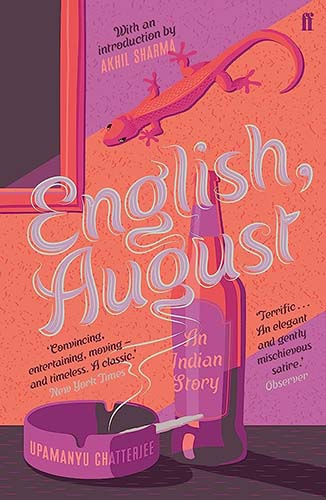
Author: Upamanyu Chatterjee
Year: 1988
Publisher: Faber & Faber
English, August is very funny, particularly with regards to youth and the listlessness a majority of them feel about life.
Middlemarch
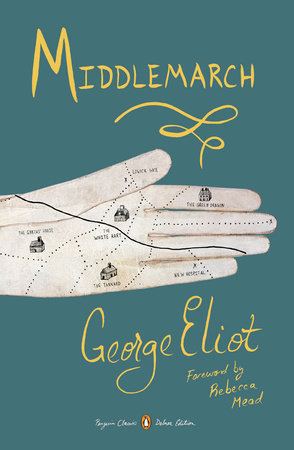
Author: George Eliot (Mary Ann Evans)
Year: 1871-72
Publisher: William Blackwood and Sons
This is like a self-help book and a literary masterpiece.
The Wayward Daughter
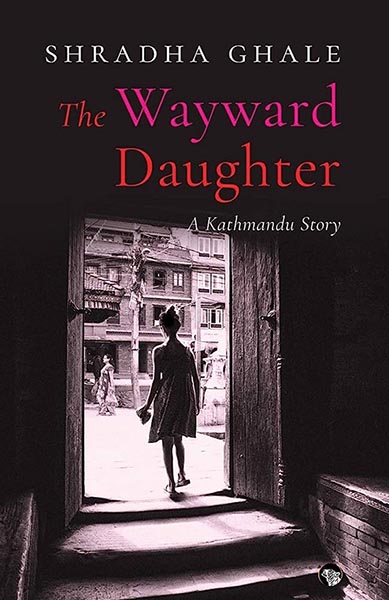
Author: Shradha Ghale
Year: 2018
Publisher: Speaking Tiger Books
The portrayal of Kathmandu in this book is very accurate. Also, Ghale’s prose is incredible.
Discourses of Awareness

Author: Tatsuro Fujikura
Year: 2013
Publisher: Martin Chautari
This is an excellent anthropological exploration of development in Nepal.
Under the Net
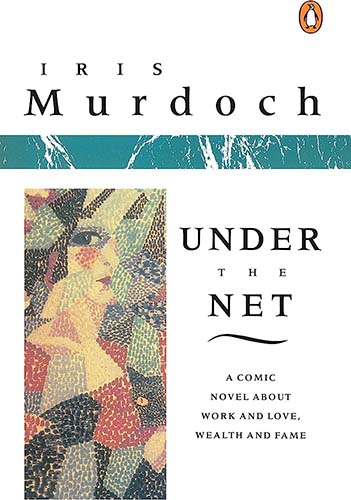
Author: Iris Murdoch
Year: 1954
Publisher: Chatto & Windus
This book is really wacky, and it also has some great philosophical insights.
Season of Migration to the North
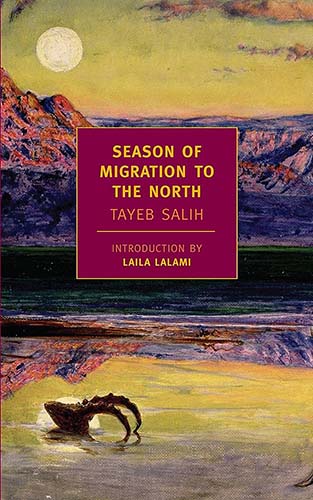
Author: Tayeb Salih
Translator: Denys Johnson-Davies
Year: 1966
Publisher: Penguin Classics
This is my favourite book from the ‘post-colonial’ genre.




 22.64°C Kathmandu
22.64°C Kathmandu